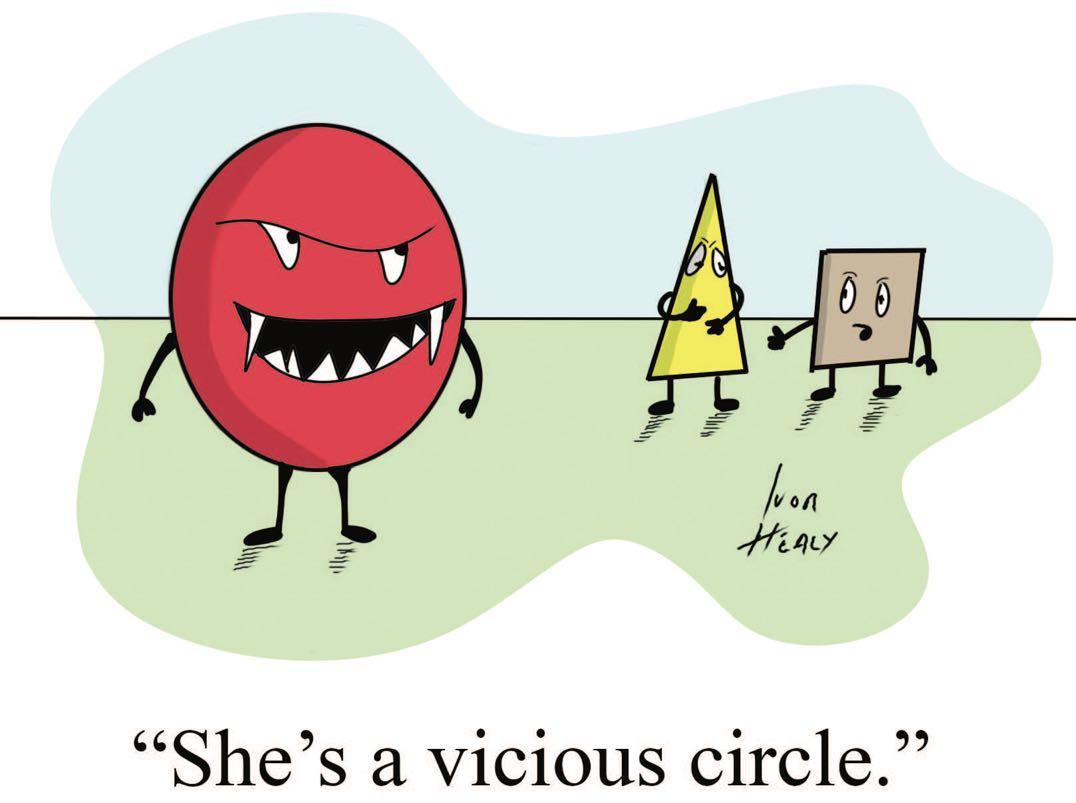
Mathematics is mysterious. By this I don't just mean that there are many difficult, unsolved mathematical questions. I mean instead that mathematics itself, as a subject, and as an activity, is mysterious. Our familiarity with elementary mathematics sometimes lets us lose sight of this. This is probably a good thing most of the time. Reflecting on the nature of mathematics is no aid to mathematical problem-solving. But doing mathematics is one thing, understanding the nature of mathematics is another. The first task is mathematical, the second philosophical.
Why is mathematics mysterious? Because it is difficult to see how mathematics fits into our picture of the world. Mathematics concern specific truths and falsehoods: it is true that 1+1=2 and it is false that 1+1=3. It is also true that there is an empty set (a set of things with nothing in it), and false that some sets are members of themselves. These are truths and falsehoods in arithmetic and set theory respectively, which are branches of pure mathematics. Pure mathematics contrasts with applied mathematics, as in applied to the physical world. There are questions about how mathematics manages to apply to the world in all of the unexpected ways it does. The physicist Eugene Wigner famously said that mathematics was 'unreasonably' effective at applying to the world. However, the puzzles I am raising here are even more basic; they concern the most fundamental aspects of pure mathematics itself.
This story is from the August/September 2023 edition of Philosophy Now.
Start your 7-day Magzter GOLD free trial to access thousands of curated premium stories, and 8,500+ magazines and newspapers.
Already a subscriber ? Sign In
This story is from the August/September 2023 edition of Philosophy Now.
Start your 7-day Magzter GOLD free trial to access thousands of curated premium stories, and 8,500+ magazines and newspapers.
Already a subscriber? Sign In

The Two Dennises
Hannah Mortimer observes a close encounter of the same kind.

Heraclitus (c.500 BC)
Harry Keith lets flow a stream of ideas about permanence and change.

Does the Cosmos Have a Purpose?
Raymond Tallis argues intently against universal intention.

Is Driving Fossil-Fuelled Cars Immoral?
Rufus Duits asks when we can justify driving our carbon contributors.
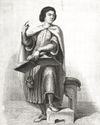
Abelard & Carneades Yes & No
Frank Breslin says 'yes and no' to presenting both sides of an argument.
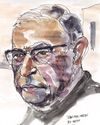
Frankl & Sartre in Search of Meaning
Georgia Arkell compares logotherapy and atheistic existentialism.
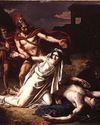
Luce Irigaray
Luce Irigaray, now ninety-two years old, was, among many other things, one of the most impactful feminists of the 1970s liberation movements - before she was marginalised, then ostracised, from the francophone intellectual sphere.

Significance
Ruben David Azevedo tells us why, in a limitless universe, we’re not insignificant.
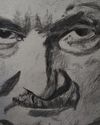
The Present Is Not All There Is To Happiness
Rob Glacier says don’t just live in the now.
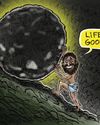
Philosophers Exploring The Good Life
Jim Mepham quests with philosophers to discover what makes a life good.